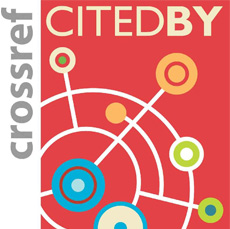ISSN : 2288-5412(Online)
DOI : http://dx.doi.org/10.14354/yjk.1999.10.129
Yeats’s Cultural Nationalism in the Transitional Period (1899-1914)
Abstract
After the performances of Synge’s In the Shadow of the Glen (1903)and Padriac Column’s The Saxon Shillin’ (1903), Arthur Griffith attackedYeats for not serving the nationalist’s cause. The ensuing debates around“the national art versus nationalist propaganda” infuriated Yeats, throwingdown his hope for the middle and lower-middle classes. The attack andriots that lasted for a week after the performances of Synge’s Playboy ofthe Western World (1907), and after that the Hugh Lane controversy,deepened his anger towards them. So some poems that is included infrom The Green Helmet and Other Poems (1910) and Responsibilities (1914)are full of the crowds, who pull down the high aristocratic values, layingthem as “one common level.”
As Yeats’s hope for the crowds vanished, his early theatre project thatwanted mass mobilization into a nation changed into the unpopulartheatre and an audience like a secret society. He began his work with theIrish theatre by theorizing that a popular nationalist theatre would be anoccult one, but by 1915 he desired a theatre as occult precisely because itwas not popular. The major difference between the two was the scale onwhich they operated, namely the nation versus the aristocratic drawingroom.
전환기 예이츠의 문화민족주의(1899-1914)*
초록
-
-
Submission : JAMS
https://yjk.jams.or.kr/
-
YSK
The Yeats Society of Korea
-
Editorial Office
Contact Information- Tel: +82-2-2220-4477
- E-mail: ilhwan_y@hanyang.ac.kr -

-

-

-

-

-





